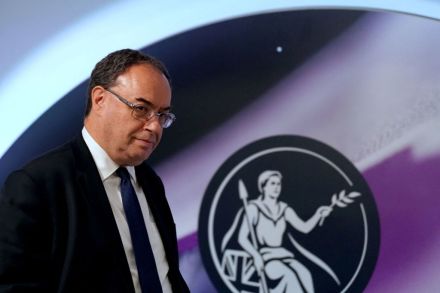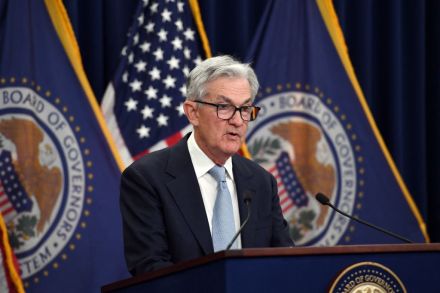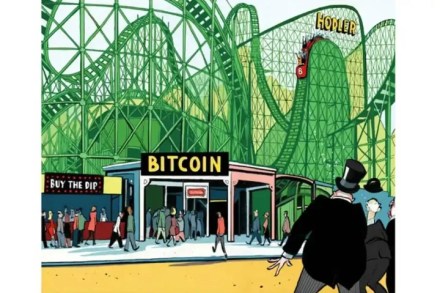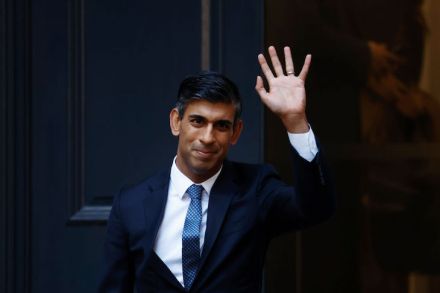No wonder some Remainers are unhappy about the UK joining the CPTPP
The United Kingdom has become a member of a free trade bloc embracing 500 million consumers. And it isn’t the European Union. No wonder, then, that some Remainers are feeling triggered by Rishi Sunak’s success in steering Britain to join the Comprehensive and Progressive Trans-Pacific Partnership (CPTPP). David Henig, UK director of the European Centre For International Political Economy and a longtime Remainer, griped: ‘It assists particularly those companies with trans-Pacific supply chains…The UK is mostly involved in European supply chains. And that’s why the economic impact is trivial. It could even be negative.’ The FT’s chief feature writer Henry Mance even used an old skit from Father Ted in




















